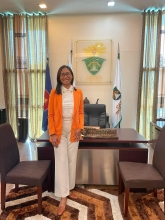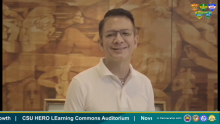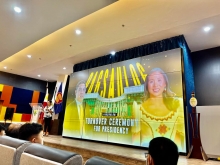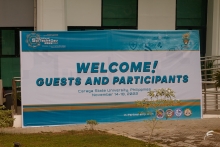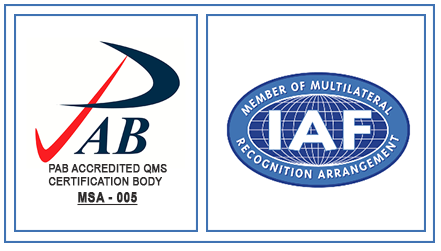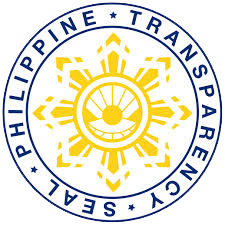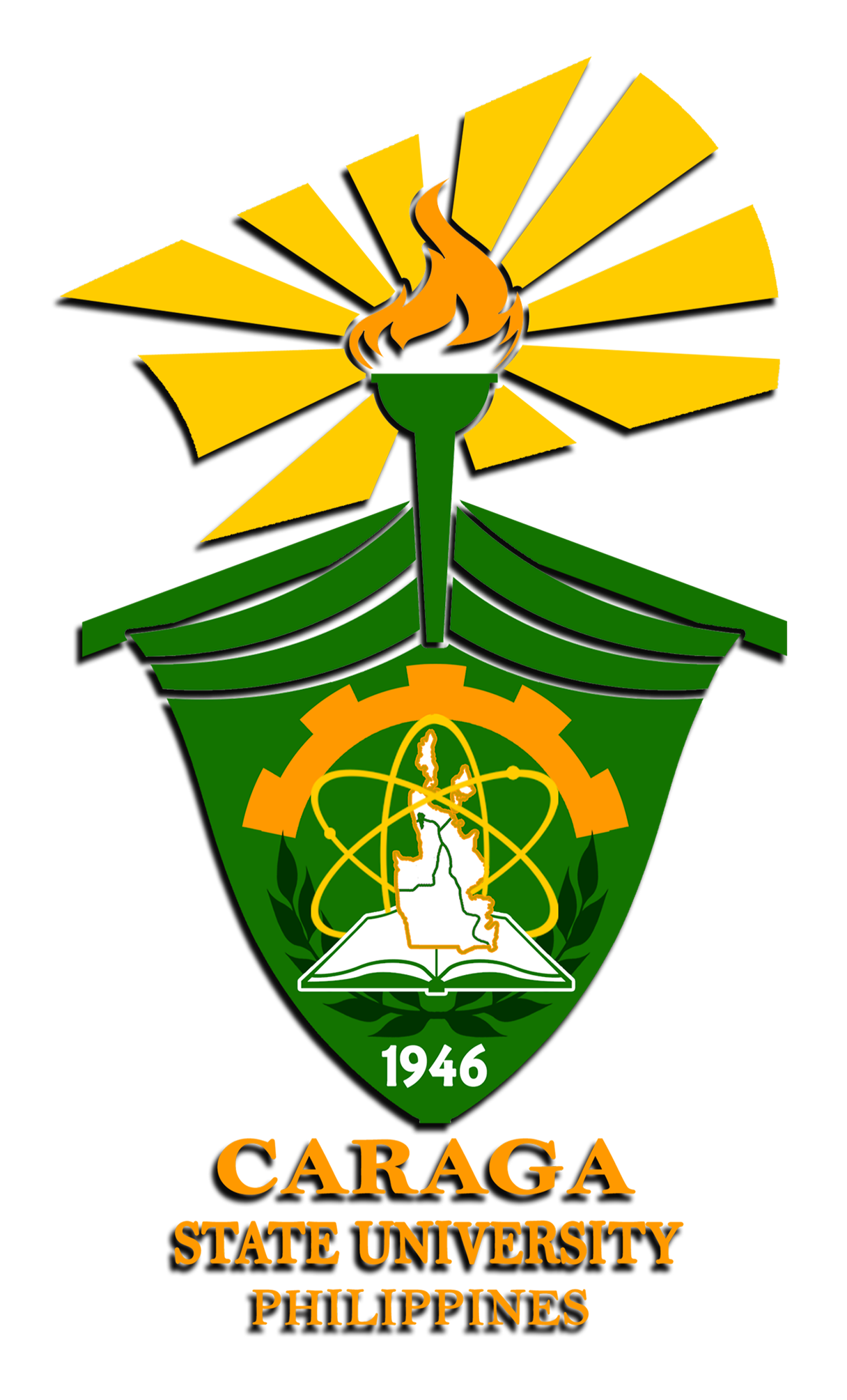News and Events
Balik Scientist program boosts CSU’s Agricultural Engineering Research
Dr Julian F. Cacho is the first-ever ‘Balik Scientist’ hosted by CSU. His engagement with CSU as Balik Scientist under the Department of Science and Technology’s Balik Scientist Program is facilitated by the DOST-PCIEERD. As Balik Scientist, he conducted training and lectures on recent trends in Biosystems Engineering for the faculty especially those from the College of Engineering and Information Technology (CEIT) and the College of Agricultural Sciences and Natural Resources (CASNR). Participants from agencies outside of the University were also invited to the training and lectures. He also held seminars on the basics of searching for literatures which are essential in writing winning research proposals. In addition, he was invited to critique research ideas and proposals of the CEIT faculty. These research proposals are now undergoing evaluation by the technical panel of the DOST-PCIEERD. Having been exposed to the research and education system of the United States, Dr Cacho was tapped by the Agricultural Engineering faculty members to assist them in revising the Agricultural Engineering curriculum by making it responsive to the call for internationalization. The young faculty members of the Agricultural Engineering program were all praises for Dr. Cacho’s guidance in re-shaping the landscape of the Agricultural Engineering program of CSU. For CSU, it was truly a blessing to host Dr. Cacho as Balik Scientist. He is straightforward, undemanding and easy to be with; he desires to make Caraga Region a better place, being a Caraganon himself. His life’s journey started in San Agustin, Surigao del Sur. He earned his Ph.D. in Biological and Agricultural Engineering (Soil Science minor) from North Carolina State University (NCSU), Raleigh, NC, USA in 2013. He obtained his M.S. degree in Biosystems Engineering from Oklahoma State University (OSU), Stillwater, OK, USA in 2005. His expertise include: watershed hydrology and critical zone processes, agricultural water management and soil science. As a researcher at NCSU’s Department of Biological and Agricultural Engineering, he conducted field and laboratory studies to evaluate the viability of forest-based bioenergy production and its impacts on soil and water resources quantity and quality (a U.S. Department of Energy-funded project). On the same project, he collaborated with scientists and technicians from academic, private and non-governmental organizations. He has substantial training on the use of geographic information system (GIS) for surface hydrology, GIS in soil science and agriculture, remote sensing (RS) in soil science and agriculture, and environmental RS. He has published research papers in high-impact journals and presented his outputs in sought-after scientific conferences in his field.
Admissions
Registrar
Guidance
Office of the President
Public Information and Communication Office
Course Particulars
College of Engineering and Geo-Sciences
College of Agricultural and Agri-Industries
College of Mathematics and Natural Sciences
College of Forestry and Environmental Sciences
College of Computing and Information Sciences
College of Education
Philippine Standard Time
Transparency Seal
Design by ICT Center.



